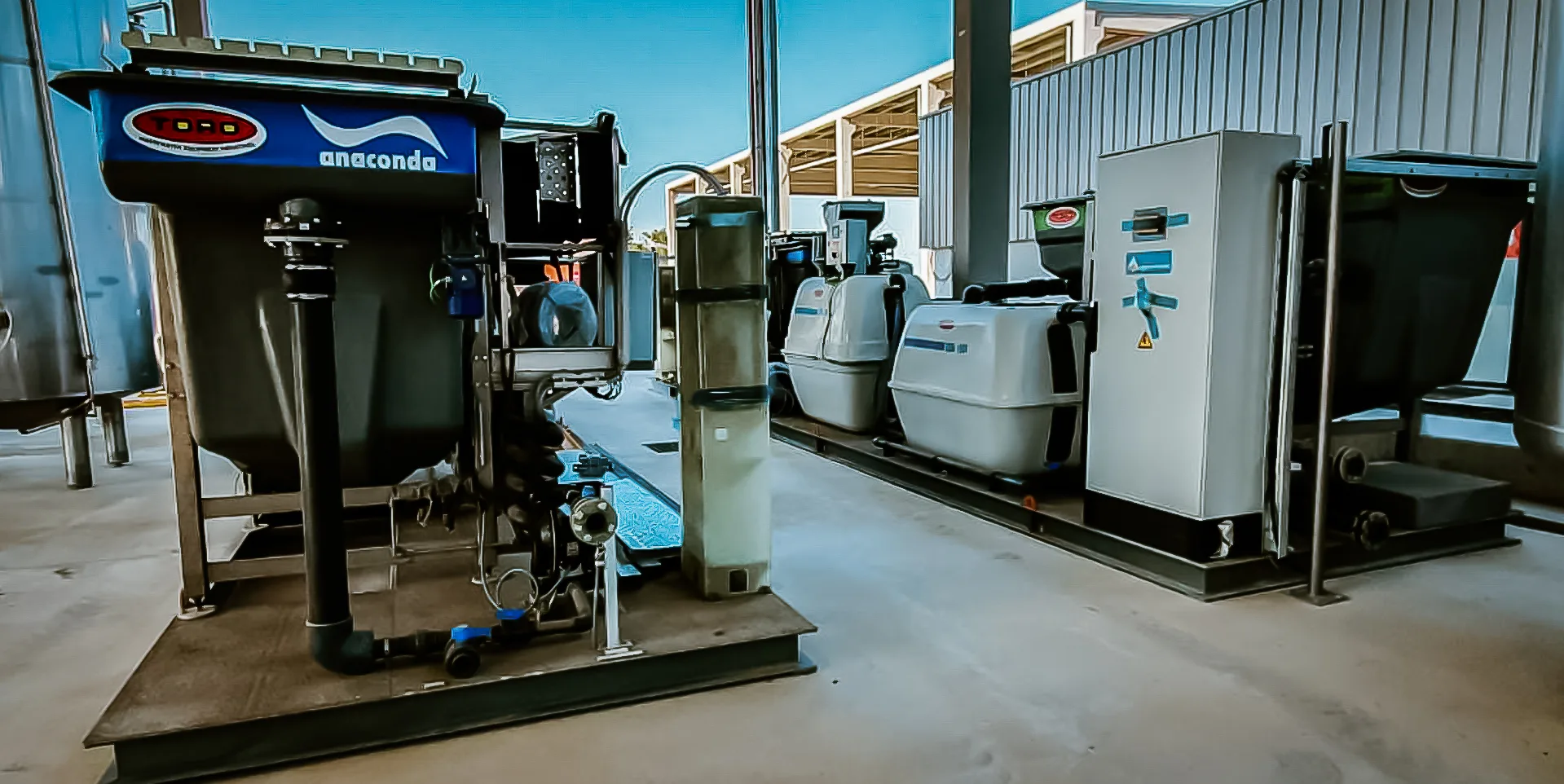

Water refining. Is a crucial process that involves removing impurities and contaminants from water to make it safe for consumption and other uses. This process is essential for ensuring that the water we use in our daily lives is clean and free of harmful substances. There are various methods of water refining, including filtration, distillation, and reverse osmosis. Each method has its own advantages and is suitable for different types of water sources. Filtration is one of the most common methods of water refining, which involves passing water through a filter to remove particles and contaminants. Distillation is another popular method that involves boiling water and collecting the steam, which is then condensed back into liquid form.
Reverse osmosis is a more advanced method that uses a membrane to remove impurities from water. Is not only important for ensuring the safety of our drinking water but also for other applications such as industrial processes, agriculture, and healthcare. It helps prevent waterborne diseases and ensures that water is of high quality for various uses. In addition to removing impurities, also improves the taste and odor of water, making it more palatable. Overall, is a vital process that plays a key role in ensuring the availability of clean and safe water for everyone. To ensure the effectiveness of water refining, it is important to use high-quality equipment and follow proper procedures. Regular maintenance of water refining systems is also crucial to ensure optimal performance and prolong the lifespan of the equipment. By investing in water refining processes and technologies, we can protect our health and the environment by ensuring that our water sources remain clean and safe for generations to come.
Water refining is a critical process designed to eliminate impurities and contaminants from water, ensuring its safety for consumption and various other purposes. The objective is to produce water that is clean, free of harmful substances, and suitable for diverse applications in our daily lives. Several methods are employed in water refining, with each approach offering unique advantages and being suitable for different types of water sources.
Water refining is not only crucial for ensuring the safety of drinking water but also extends to other essential applications, such as industrial processes, agriculture, and healthcare. By eliminating impurities, water refining helps prevent waterborne diseases and ensures that water meets high-quality standards for various uses. Additionally, this process contributes to improving the taste and odor of water, making it more palatable for consumers.
Investing in water refining processes and technologies is essential for safeguarding health and the environment. High-quality equipment and adherence to proper procedures are vital to the effectiveness of water refining. Regular maintenance of water refining systems ensures optimal performance and extends the lifespan of the equipment, contributing to sustainable water management practices.
In conclusion, water refining is a vital process that plays a key role in ensuring the availability of clean and safe water for everyone. By prioritizing the use of high-quality equipment, following proper procedures, and maintaining water refining systems, we can protect both our health and the environment, ensuring that water sources remain clean and safe for generations to come.